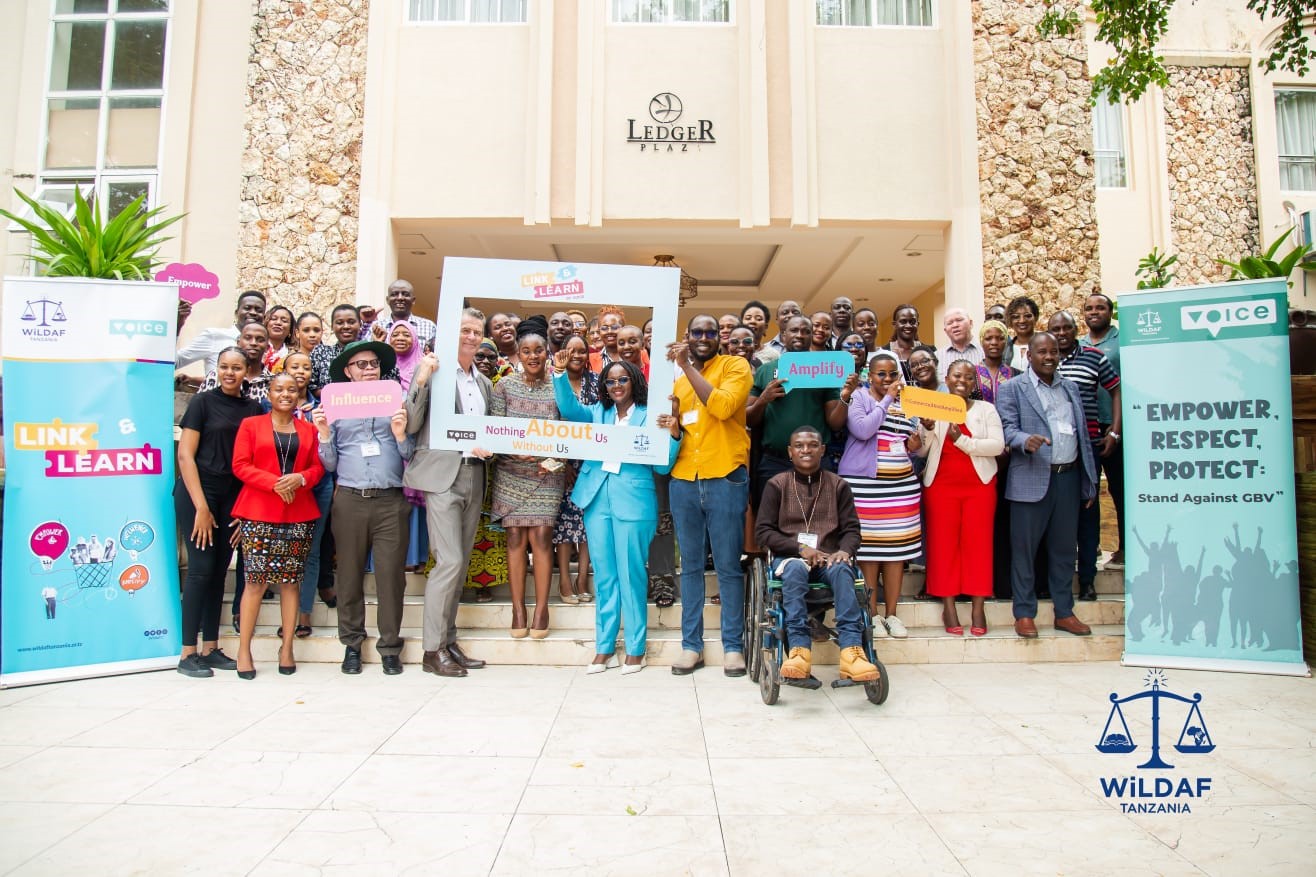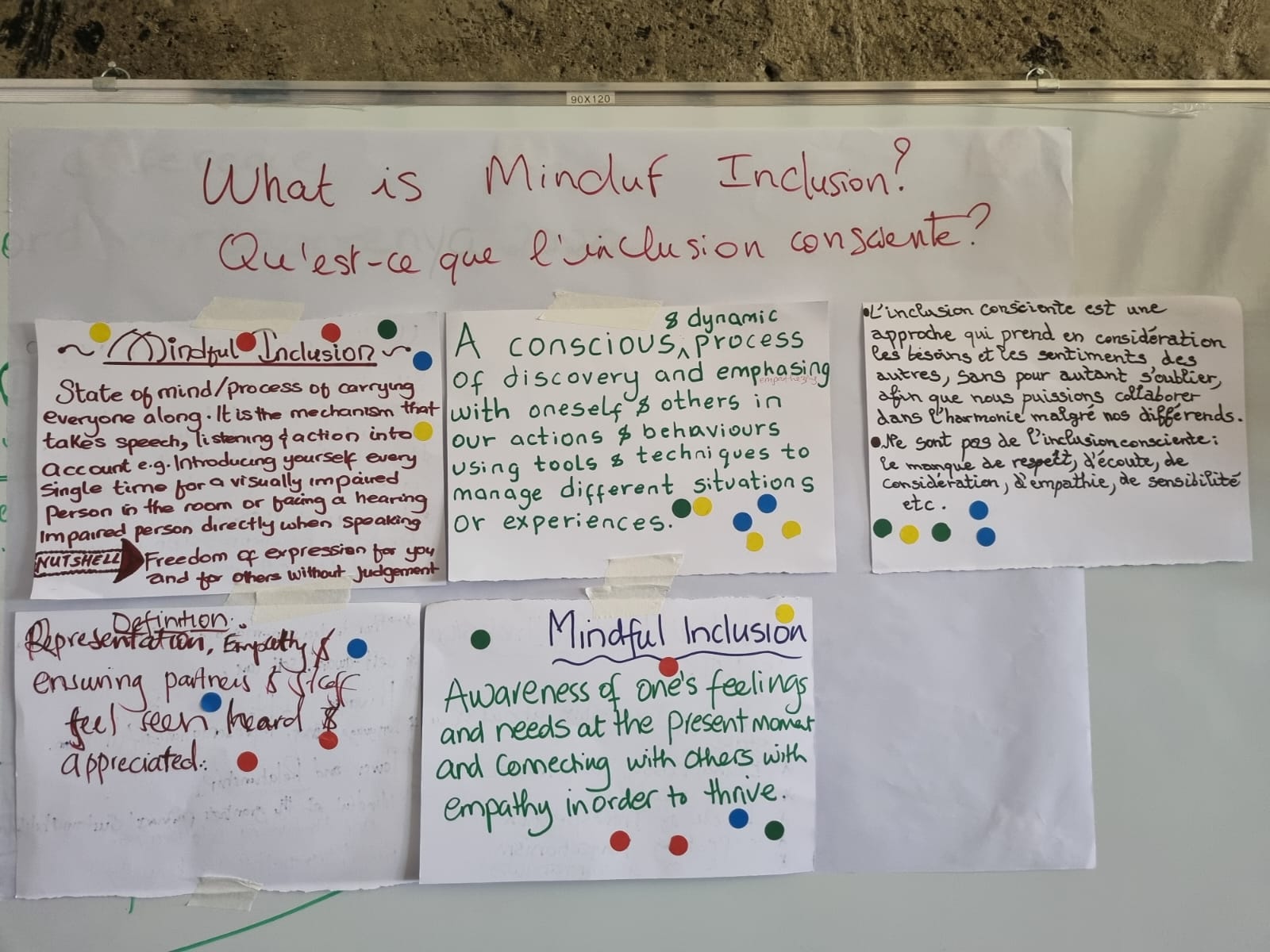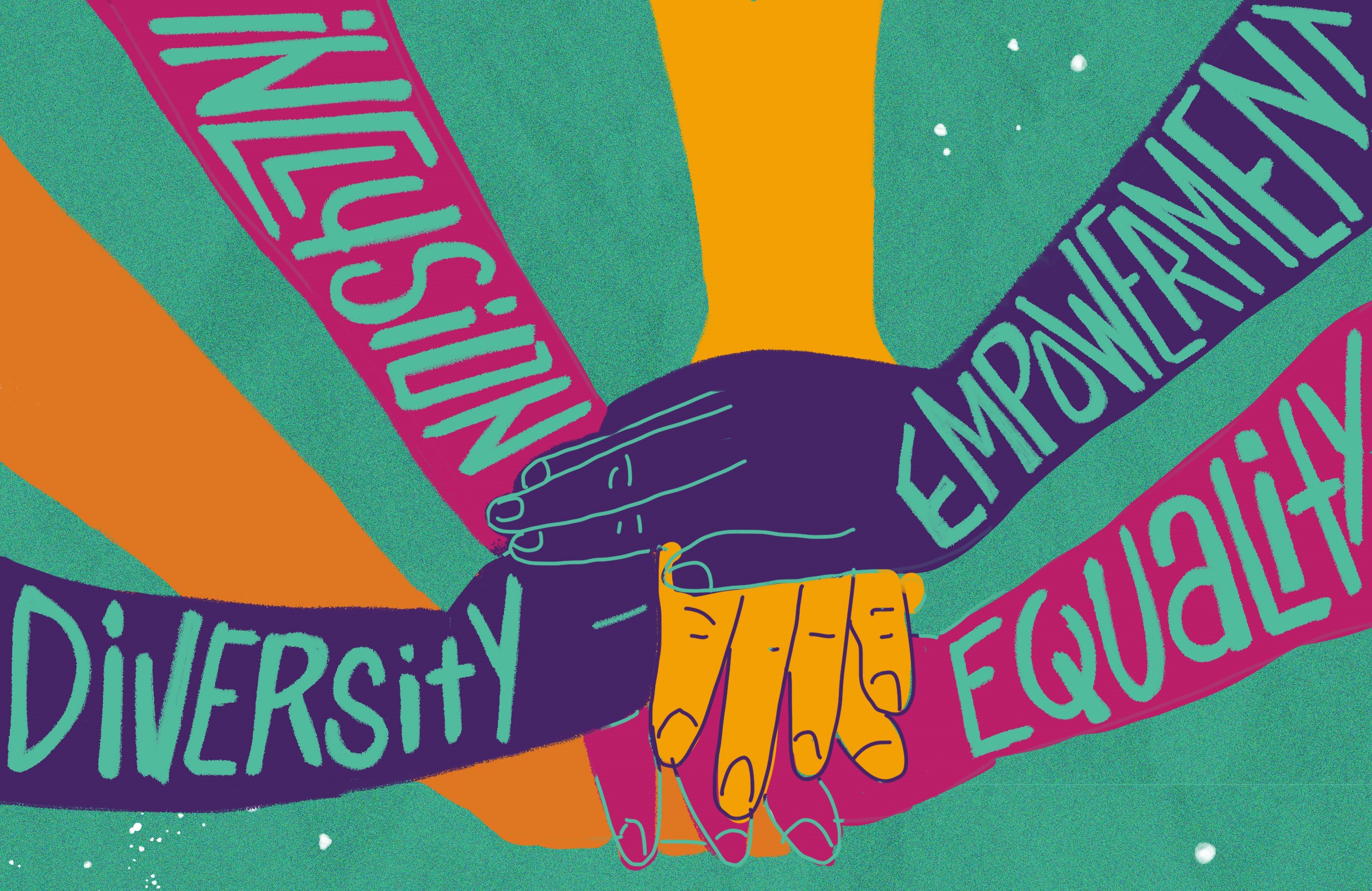#ChooseToChallenge
Tanzania women in Politics – Why it matters
By Violet Ayoub, Vision for Youth, Director
Vision for Youth (V4Y) is a youth-led organisation by the youth for the youth. In the project Paza Sauti ( raise your voice) supported by an empowerment grant from Voice, the organisation engages the youth in political and leadership training. In this piece, for International Women’s Day the organisation’s leader, Violet Ayub reflects on the role of women in the political spaces of Tanzania
“It is not about men against women, but there is evidence to show through research that when you have women in public decision-making, you get policies that benefit women, children, youth and the families in general.’’
Winnie Byanyima, Executive Director, UNAIDS.
Women’s full and effective participation in political spaces is necessary to realise human rights, sustainable development and inclusive growth. Despite the steps taken to improve women participation in leadership, I always demand more. Accelerating opportunities for political transition, promotion of women empowerment and elimination of gender discrimination improves women’s constitutional and political positioning.
To achieve sustainable development, human rights, and inclusive growth, we need full and effective women’s participation in politics and in other walks of life. In the twenty-first century, women continue to face obstacles in the political arena worldwide. At the socio-political level, women find themselves under-represented, especially in parliament and other law and policy-making spaces. Women’s participation in political life is a fundamental right as it is at the core of gender equality and women’s empowerment which is clearly noted in the Millennium Development Goals
United Nations, 2019
Reflecting on Tanzania, women’s participation in political spaces continues to improve from independence to date. Culture dominates and defines women in our community with most women oppressed and denied space in decision making. In most communities, women are not considered the most essential members of the community.
However, strong women have always led the way for women’s political participation. In Tanzania, Bibi (Swahili for Ms) Titi Mohamed has been the role model for most women. Bibi Titi has always emphasised the need for increased women’s participation in politics.
As a Director of a youth-led organisation, I allocate opportunities and responsibilities equally and without prejudice. As a leader, peace and consensus are key at the reconciliation table if misunderstandings arise in the office. The organisation that I lead, has a gender policy that fosters gender mainstreaming in programmes and in office.
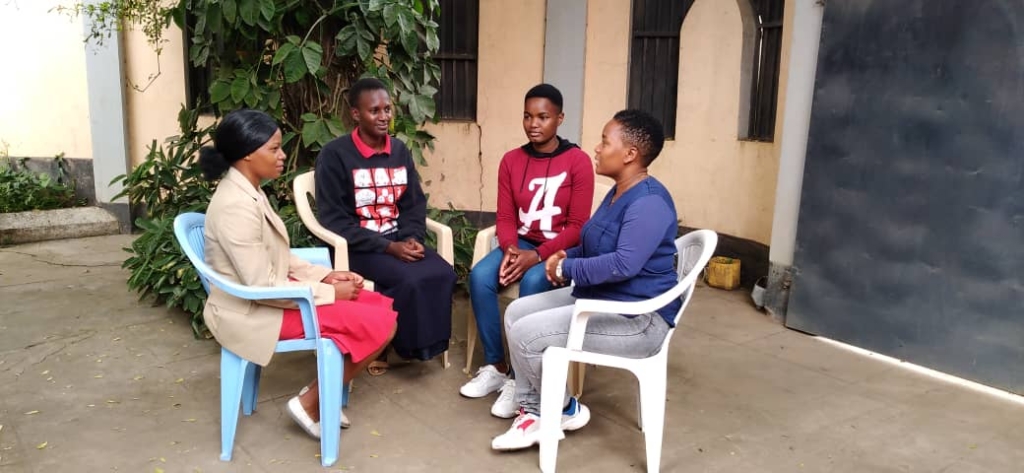
Like in many other places in the world, women in Tanzania continue to face several hindrances in political participation including patriarchy, where men still dominate the spheres of economics, education, and health. There is limited empowerment for women to manage arguments that urge people to vote for them, gender-based violence, unfair distribution of reproductive labour between genders such as home care, childcare, food, health, and hygiene provision. These challenges systematically and culturally disadvantage women from accessing political and other opportunities.
It is interesting to note that there is no focus on what goes wrong when women do not participate. For instance, men make the wrong decisions on behalf of women due to a lack of awareness of the specifically gendered experience of being a woman. In recent years, we have seen more women enter politics to leverage this growing trend. This is important because when women are notably absent from politics, specific issues are only understood and decided based on what men believe. In Tanzania and beyond, different social movements with women in leadership roles have raised women’s position in politics and social-economic development, but there is still a long way to go. Even though there is still much to do, the extraordinary political breakthrough of women gaining special seats in parliament and other public bodies are noted.
Different strategies to increase womens’ participation in politics have been advanced through conventions, protocols and international agreements. These strategies for gender mainstreaming have led to National change and the creation of policies to influence womens’ participation in politics and other areas. An example is the Beijing convention which has led to some changes in the world. In Tanzania, welfare policies have been changed, constructed, and reinforced women’s participation in politics and other development issues other than the traditional position which labelled women as wives and mothers.
Women and civil societies struggled over issues affecting them especially rights to property, voting, leadership, employment, education and maternal health since the 20th Century. To remedy these challenges the government of Tanzania adopted and introduced special seats in parliament to encourage women to participate in politics and break the systematic patriarchy obstacles. This initiative and adaptation of parliamentary special seats have catalyzed more women to participate in politics and in government offices.
A good example is the women who were elected through special seats. Many of them went to the constituencies, did well and later went on ran for political positions and were elected and continue to do well. That already shows that the issue of women’s participation in the political space is not about capacity but is a matter of opportunity. When women are given the opportunity to show their potential, then they come in and do well.
Ng’wasi D. Kamani , Tanzania Member of Parliament youth special seats.
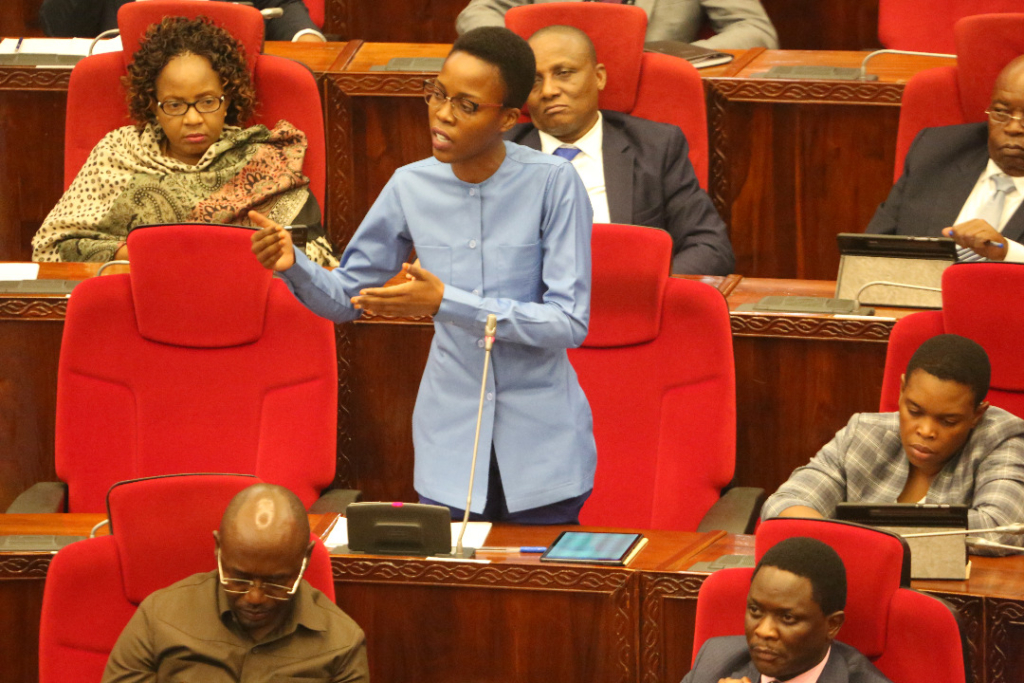
We need mentorship programs where-by a series of women leaders/mentors support and hold the hands of other women to access leadership positions, women support women dialogues and strategies
Evance Chipindi – CEO, CEVEDE.
The active participation of women on equal terms with men at all levels of decision making and political involvement is essential to achieving equality. Leave no One Behind

